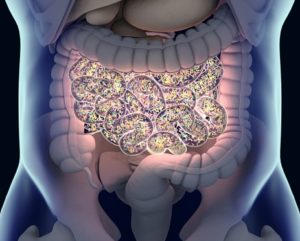Researchers analyzed Clostridioides difficile, a leading cause of nosocomial antibiotic-associated diarrhea, emphasizing the critical role of the pathogen’s virulence factors, antimicrobial resistance, and genome plasticity in its pathogenesis and persistence. Researchers noted that C. difficile’s ability to produce robust endospores contributes to its efficient transmission and colonization of the gut, while its toxins cause typical diarrheal disease symptoms and severe inflammation in some patients. They also highlighted the irony of antibiotics as both the main treatment and a risk factor by their ability to disrupt gut microbiota, creating an environment conducive to C. difficile growth. The recent increase in community-acquired C. difficile infections adds to the burden, with an estimated 20% to 27% of all cases arising from this source. The review underscores the urgent need for a deeper understanding of C. difficile’s virulence factors, resistance mechanisms, and host interactions to develop effective therapeutics and address the pathogen’s evolving threat.
Reference: Buddle JE, Fagan RP. Pathogenicity and virulence of Clostridioides difficile. Virulence. 2023 Dec;14(1):2150452. doi: 10.1080/21505594.2022.2150452. PMID: 36419222; PMCID: PMC9815241.
Link: https://pubmed.ncbi.nlm.nih.gov/36419222/









